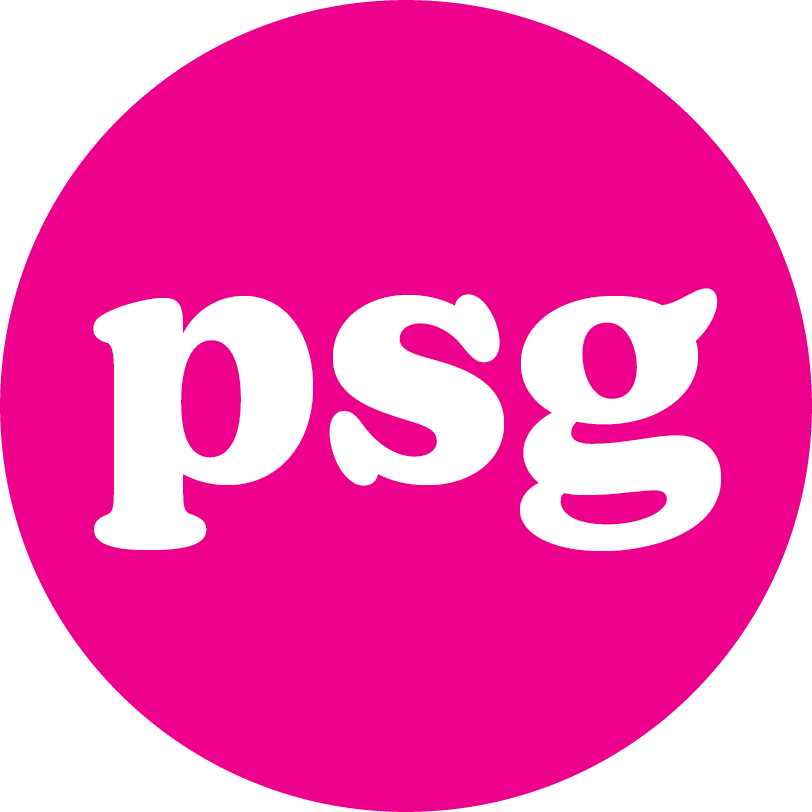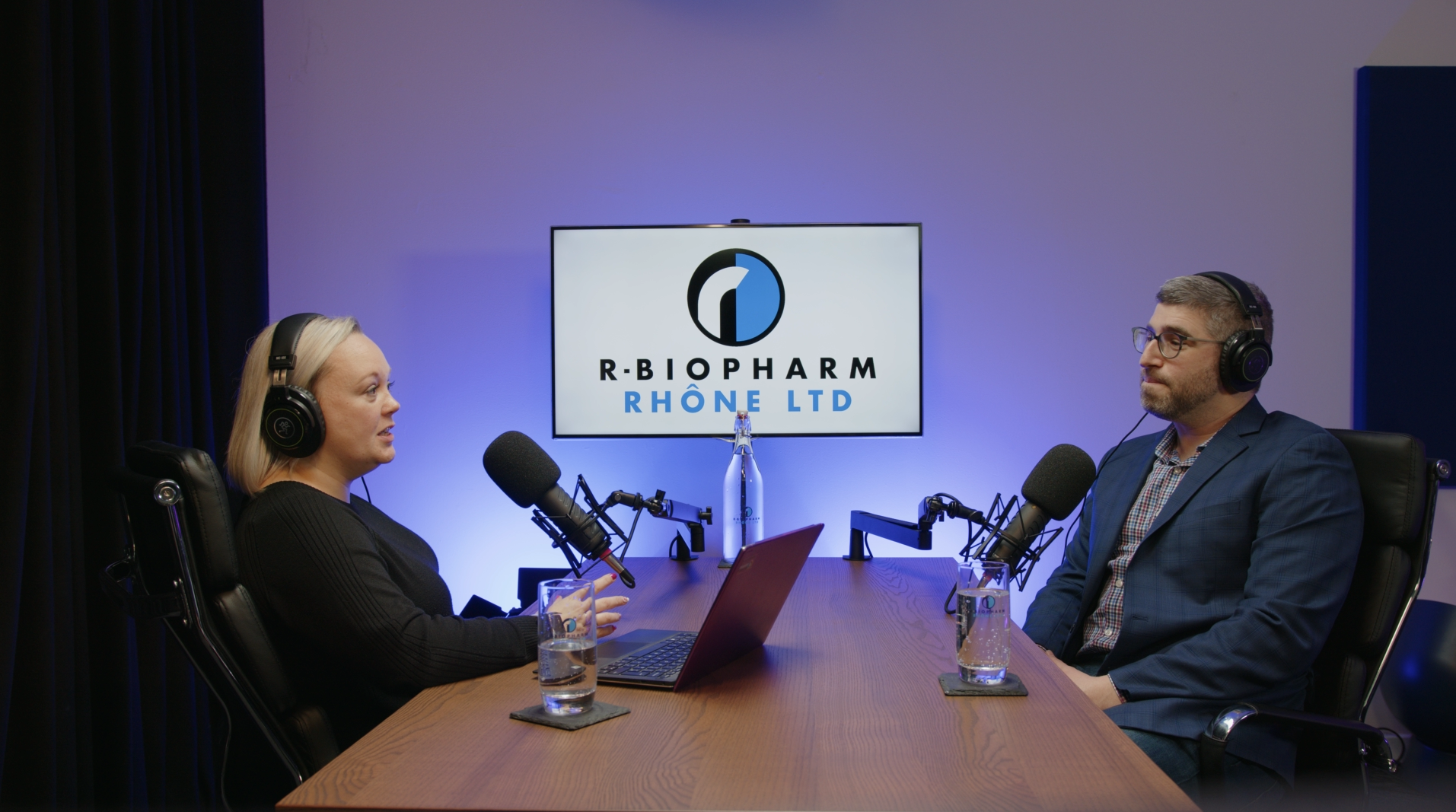Recording video: Should All Your Cameras be the same?
A question I got asked recently in the podcast studio Glasgow is, do you need all of the cameras that's going to record your podcast to be the same?
Immediately, the answer to that is no. And the reason the answer is no is because you don't need any cameras to record your podcast. Your podcast isn't a video. And I'm going to be really pedantic here and get into some of the semantics of what a podcast is. A podcast is an audio file. that's delivered via an RSS feed.
And it's a technology that goes back to 2004. RSS predates that. RSS is the technology that made the publishing of blog posts possible. And I don't want to get into too much of the technical detail. I don't think it's really super relevant Maybe it kinda is because it's gonna lead me on to what happened in 2004 A couple of guys, one of them was a guy called Adam Currie, look him up. They developed the ability for the RSS feed to include an enclosure.
And in that enclosure could be included an audio file. So that meant that you could record a piece of audio and lump it in with your blog post and then your blog post would include audio and the technology surrounding podcasts grew from that. So a podcast is principally audio and it's principally delivered by an RSS feed.
Does Your Podcast Hosting Platform Support Video Uploads?
These days, to podcast apps like Apple Podcasts, like Amazon Music, like Spotify the evolution, though, that's taken place over the past maybe 8 years is a video component to a podcast. A video on its own is not a podcast. The podcast is the audio component delivered via RSS to a podcast app that's then captured on your phone. There's only one podcast platform that allows. podcasters to upload video, and that's Spotify, and you have to be using Spotify for podcasters, and that will allow you to upload video if it's in the correct format, mp4, for example, you can upload the video to your account on Spotify for podcasters and on the Spotify app on people's phones or on their web browser or on the desktop Spotify app will give people the ability to watch the video of your podcast or just listen to the audio.
So let's go back to the first question.
Do your cameras all need to be the same brand and make it a model for you to record your video podcast?
The straightforward answer to that is technically no.
The cameras don't technically need to be all the same brand, but if they are all the same brand, then it's going to save you a lot of headaches when it comes to edit the video component of your podcast.
And here's why. Each camera brand, and sometimes subsections of cameras within a camera brand, captures colour in different ways. So the way that Sony cameras, for example, capture colours is very different to the way Canon captures colours, or the way Blackmagic cameras capture colours. The issue you'll run into is when you're using different brands of cameras to capture the video component of your podcast, when you go to edit that footage, you're going to notice that The colours will look slightly different from each camera.
It's then your job as the editor and the producer of your podcast to match those colours up so that the final video won't look janky. And janky is a kind of weird subjective word, but basically what I mean is when you've switched the camera angles in your post-production, the colours won't look different per camera.
If you've got a wide angle and it's a Canon camera, you've got a tight angle on the guest, that's a Sony camera, each angle will look slightly different, and I guarantee you, and I've been there, and I've done it, it's going to give you a huge headache trying to match the colours across the different cameras.
it’s a hassle bringing footage from several cameras together
The other issue you need to consider is if you're self-producing your podcast, you're recording at home, maybe you found a space to use, or you've got all your own camera gear. The big issue you're going to have, asides from trying to match the colours from different cameras, is just bringing all that footage together and getting it to work on your timeline.
If you're using a mirrorless camera or a DSLR, so a standard sort of stills camera that allows you to record video, most brands of cameras, stop the video recording after around 30 minutes or so. So that means that you're going to need somebody, if it's not yourself, jumping up and down. And believe me, I've done this in the past when recording video components for podcasts I've been involved in years ago.
Either you or somebody else is going to have to stop all the cameras just before they cut off. Then restart them all. And if it's you that's doing this, you're going to have to jump back in after having made sure everything's still in focus. Jump back into the shot and continue the podcast and then at the end of it you need to get the SD cards out each of the cameras and you're going to need to import the footage from each of the cameras onto your PC, your laptop, whatever it is you're editing on.
Make sure everything's organized and then you're going to need to synchronize all of the footage from all your cameras up with the audio that you've captured. And if you're stopping the audio file and restarting it again, I'm telling you just now, having been there, having done it, it is a massive headache and you will lose literally hours and hours of time and give yourself a real pain trying to get it all to work.
And what will happen is, you'll do it once, twice, maybe three times and you'll think sack this. You just, you'll stop doing it. Do all your cameras need to be the same brand for the video component of your podcast? No, it helps if they are. I would recommend that they're all the same brand of camera and that you run all of the cameras into some sort of video capture device.
At the podcast studio Glasgow in the main studio in psg1 we use three cameras they're all Blackmagic cinema cameras, and they all run into a Blackmagic ATEM Mini Extreme ISO Those camera angles are then live switched while the recording is taking place. The client then gets one file with all of the live camera angle switches that is then effortlessly matched to the audio that's been captured from the mics into the Rodecaster.
It's a hugely streamlined process and it saves a ton of time in post-production. Because we use an ATEM Mini Extreme ISO, the ISO part means that the files from each camera are recorded as isolated files. So there's a folder that's created with the video files from each input on the ATEM. And that might sound super technical, but again, in post-production, it helps massively streamline the process.
Now of course, if you're just starting out as a podcaster and you want to have great audio and you want to have a video component to it, it all comes at a cost and believe me, if you start off going cheap, you'll end up having to pay more in the long run because you'll just find you're having to change and upgrade equipment that you've bought thinking that it'll do a job.
At the Podcast Studio Glasgow, we take care of all of that for you.
We've done all the research, we've earned our stripes through years and years of production and basically when you come in here you sit down and if you've chosen three cameras you don't need to worry about it. We've set up the lights, we've set up the angles and everything's just recorded.
And then you're going to receive one long audio and video file where everything's just right. And the files are pretty much ready for you to do any tweaking that you need and then just publish them to whichever podcast hosting service that you use. So yeah, that's the simple but quite long answer to do you need the same brand of camera for recording the video component of your podcast?
No, but seriously consider making sure that they all are. Or better yet, just come and use the Podcast Studio Glasgow.



